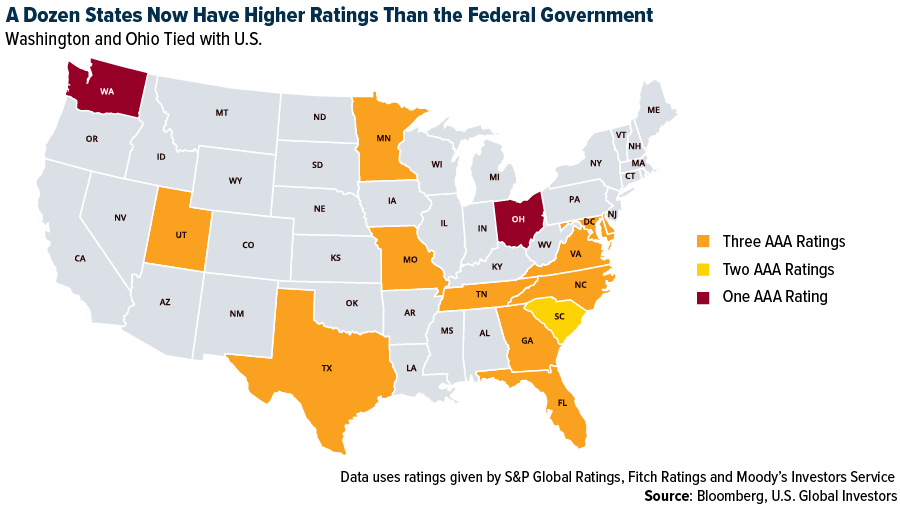That illegal tho and fraud
Google AI, can you have two primary residences
No, you can only have one primary residence at a time, for both federal tax and mortgage purposes
. While a person may own and live in more than one home, the Internal Revenue Service (IRS) will only recognize one as the main or principal residence.
How the IRS determines your primary residence
If you live in more than one home during the year, the IRS uses a "facts and circumstances" test to determine which one is your main home. The most important factor is where you spend the majority of your time. Other factors considered by the IRS include:
- The address listed on your tax returns, driver's license, and voter registration
- Where you receive mail
- The location of your bank and social ties, such as your place of worship, social clubs, or professional associations
- The location of your vehicles' registration
- The proximity of your home to your work and family members' homes
Why it's important to only have one primary residence
Identifying a single primary residence is crucial because it affects eligibility for key financial benefits. Misrepresenting which property is your main home can be considered fraud.
Capital gains tax exclusion
If you sell your primary residence, you may be able to exclude a significant amount of the profit from your taxes. To qualify, you must have both owned and used the property as your main home for at least two of the five years before the sale. The exclusion is up to $250,000 for single filers and $500,000 for those married and filing jointly. This exclusion is not available for a second home.
Mortgage terms and interest
You can't have two primary residence mortgages at the same time, except for very limited situations, such as relocating for a new job. Mortgages for primary residences typically have lower interest rates and stricter rules than those for second homes, which are seen as higher risk.
State taxes and domicile
For state tax purposes, the concept of a primary residence is tied to your
domicile, which is your permanent, legal home. You can only have one domicile at a time. If you live in multiple states, officials will look at a range of factors to determine where your "true" home is. States with higher taxes, like California, are known to aggressively audit individuals to determine their official state of residence.




